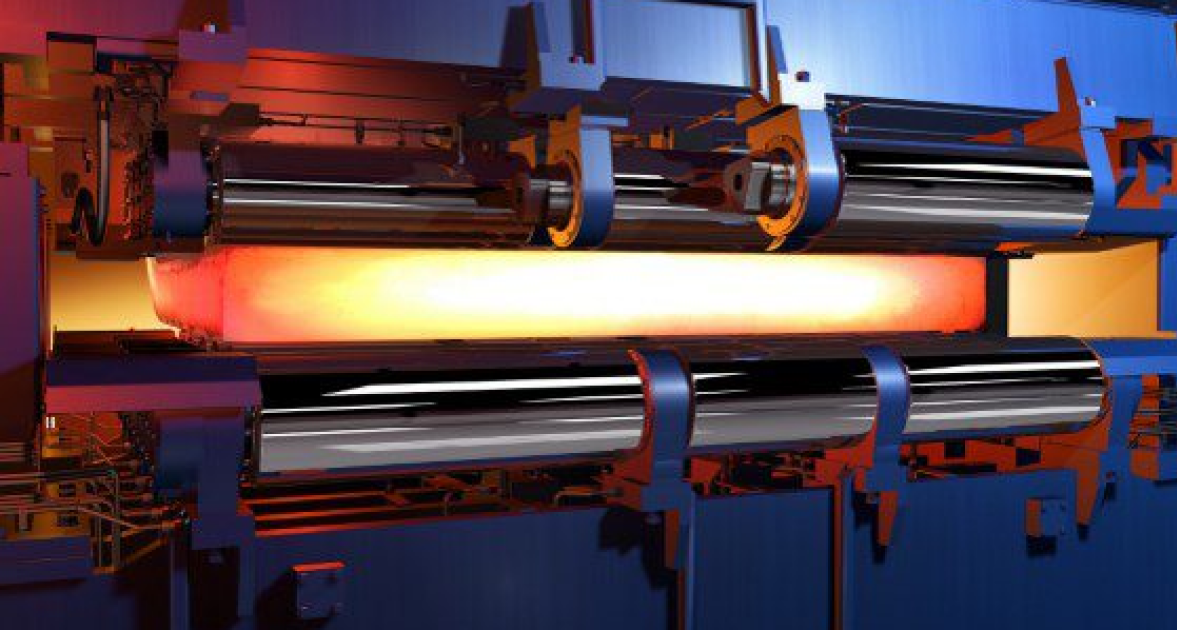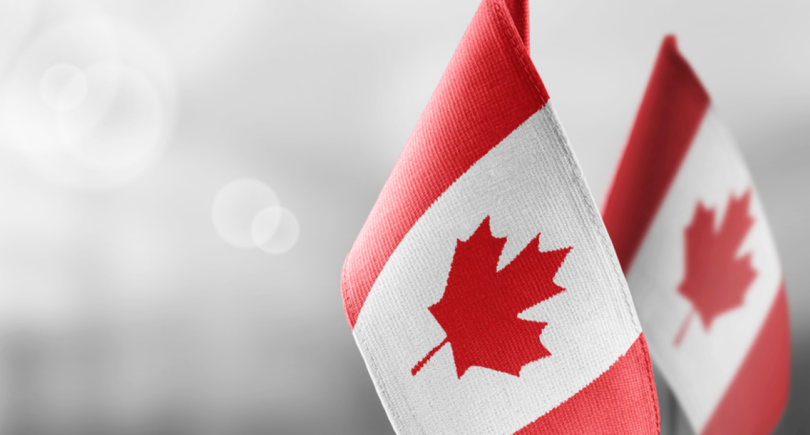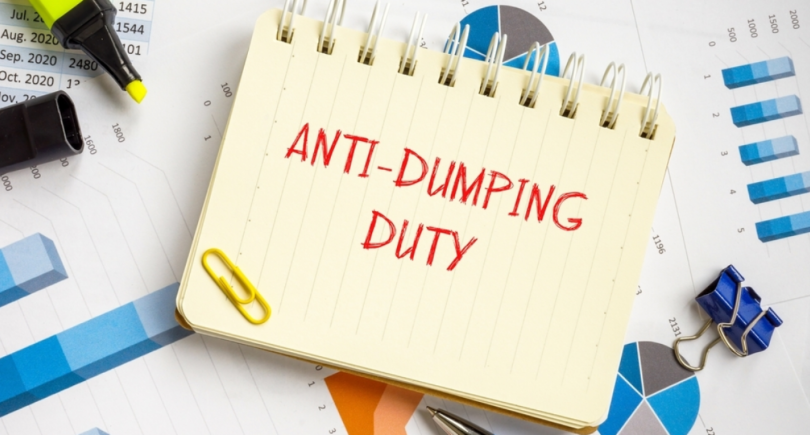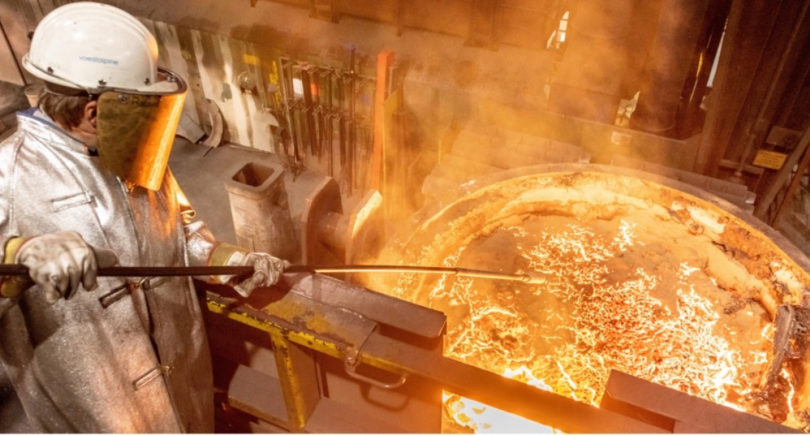
News Global Market The UK 893 07 November 2022
Producers fear that steel from the Russian Federation, which was previously supplied to the EU, will be redirected to the UK
British steelmakers have called on the government to follow the EU’s lead in closing a sanctions loophole that allows indirect imports of Russian steel from third countries. The Telegraph reports about it.
In March 2022, the UK introduced a 35 percent import duty on all steel semi-finished products from Russia, and the import of rolled products from the Russian Federation was banned within a month. However, according to the trade organization UK Steel, despite these measures, Russian steel, which is processed in third countries, in particular, in Turkiye, is still imported to the UK. This has a negative impact on local steelmakers as products are sold at lower prices.
The UK imported almost £500m worth of steel from Turkiye in 2021. Some estimates suggest that around 6% was first produced in the Russian Federation and then processed in Turkiye for the UK customers.
Turkiye’s imports of steel slabs from Russia in the 5 months of 2022 (to May) more than doubled compared to the same period in 2021, suggesting that significantly more Russian steel may be arriving in the UK.
As part of the eighth package, Brussels is introducing tougher sanctions to prevent the import of steel products from third countries into the EU if they were made from Russian steel, as well as for Russian semi-finished products. British industrialists fear that Russian steel, which was previously supplied to the European Union, will be redirected to the UK if the government does not take appropriate measures.
UK Steel CEO Gareth Stace notes that the United Kingdom has yet to introduce a similar tightening of sanctions.
“As the EU moves quickly to close the loophole, there is a real risk that more Russian steel will be diverted to the British market. We must ensure that our sanctions are as effective as possible, and not allow Russian industry to profit through the “black hole” at the expense of UK steel companies,” he noted.
The UK, The Telegraph note, is increasingly dependent on foreign supplies of steel. In 2021, 54% of the country’s demand was met by imports, according to data from Make UK.
EU sanctions are not immediate in some cases. Restrictions on the import of slabs come into force on October 1, 2024. A large part of Russian exports to the EU came from NLMK, which has plants in Belgium, France, Denmark and Italy. The company said it will be able to operate during the transition period, exporting more than 7 million tons by September 2024.
Industry insiders note the gradual nature of the EU ban means the UK still has a chance to take the lead. At the same time, a government spokesman noted that they had not seen any evidence of illegal imports of Russian steel into the British market. According to him, the UK has gone further than others, including the EU, in banning steel imports from Russia after the invasion of Ukraine.
As GMK Center reported earlier, the European Commission with the eighth package of sanctions expanded the list of restrictions for the steel sector of the Russian Federation, but postponed their entry into force until 2023-2024.




